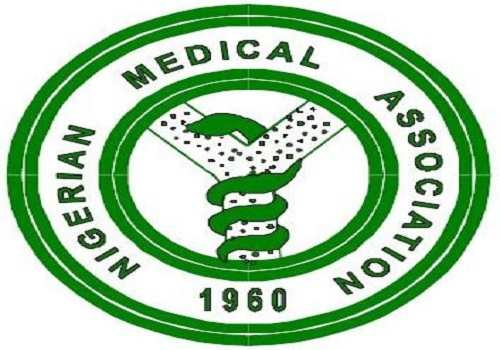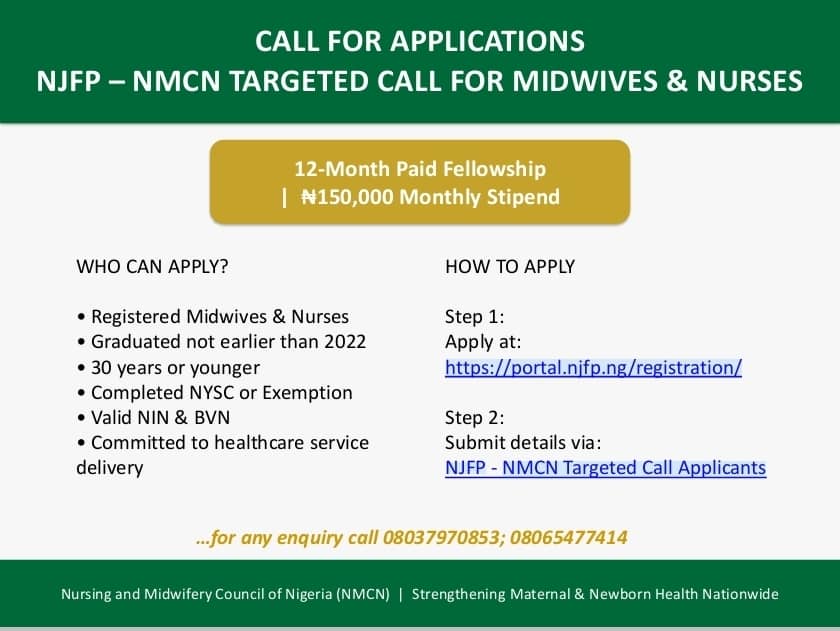Stakeholders in medical rehabilitation have called for the strengthening of the country’s National Health Insurance Scheme (NHIS) and the inclusion orthopaedic care in its coverage to enable healthcare accessible to all regardless of status.
Stating their plight, they noted that due to the high cost of treatment and other bottlenecks in accessing orthopedic care in hospitals, most people seek care from traditional bonesetters.
Consultant Orthopaedic Surgeon, Dr. Olurotimi Odunubi, who spoke at the National Orthopaedic Hospital, Igbobi, 40th annual scientific conference, said factors limiting effective orthopaedic care include, high cost of hospital treatment, delay in medical service in hospitals, poverty and ignorance, fear of amputation, occupied beds, belief in spiritual powers of traditional bone setters, long distance from hospital and inadequate trained personnel.
Odunubi stressed that Nigerians still pay out-of-pocket, noting that the major sources of fund for healthcare, which is not forth coming include, federal, state and local government budgets, health insurance, accident and workmen’s compensation, donors, one percent of consolidated revenue fund, among others. He added that traditional practitioners should be identified, trained, certified, registered and regulated.
The expert called for training and re-training all cadres of staff, systemic research, improvement in quality and more public-private partnership.
Reflecting on the theme of the conference, “Current Trend in Fracture Management,” the Chief Medical Director, National Orthopedic Hospital Igbobi-Lagos, Dr Mustafa Alimi, said educating practicing orthopedic surgeons on current innovative trends could improve orthopaedic care across the country. Alimi, said that amputations are currently things of the past in the health institution, as several innovative research approaches are being employed.
“Things, which were done over the years, are no longer viable, we need to improve on today’s practice and move towards the issues that are coming,” he added.
The CMD lamented that lack of insurance scheme is limiting access to healthcare delivery in the country adding that a lot of patients do not have insurance.
However, the expert said patients are offered emergency management but subsequent management they have to pay for it. Alimi added that almost all the patients that are present in the hospital do not have any form of insurance, urging the government to make the insurance scheme mandatory for the citizens.
ABUJA: Training Schedule for Basic Life Support BLS, Pediatric Advanced Life Support (PALS), Advanced Cardiovascular Life Support ACLS, First Aid, CPR, AED
PORTHARCOURT: Training Schedule for Basic Life Support BLS, Pediatric Advanced Life Support (PALS), Advanced Cardiovascular Life Support ACLS, First Aid, CPR, AED
LAGOS: Training Schedule for Basic Life Support BLS, Pediatric Advanced Life Support (PALS), Advanced Cardiovascular Life Support ACLS, First Aid, CPR, AED
STOP paying for airtime and electricity, Let your phone pay its bills with ScreenT




